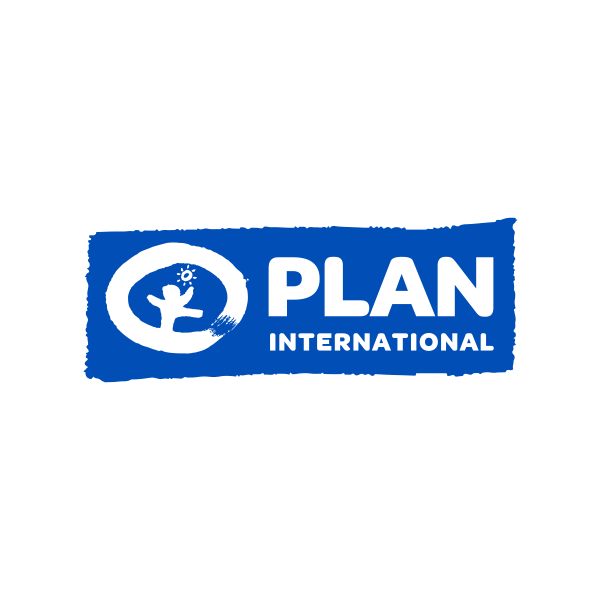The Charity Commission has criticised a charity that operates a school where children were exposed to terrorist propaganda.
The Lantern of Knowledge Educational Trust has been issued with an official warning and ordered to improve after finding its trustees were responsible for mismanagement and/or midconduct.
This following an investigation after a former Islamic Studies teacher, Umar Ahmed Haque, was charged with disseminating terrorist material to children at a school run by the charity.
During his trial Haque acknowledged he had shown children in his class a video relating to terrorist group Daesh, although he pleaded not guilty to the charges and the jury was unable to reach a verdict. Haque was sentenced to life in prison in 2018 after being convicted of a number of terrorism offences unconnected to the charity.
In addition, the regular has raised concerns about a decline in the Lantern of Knowledge Secondary School’s performance.
“Umar Haque’s action at this charity was appalling,” said Charity Commission assistant director for investigations and inquiries Tim Hopkins.
“It is completely unacceptable for any charity to be associated with terrorism and we are concerned by the corrosive effect this might have on public confidence in this and other charities.”
“Charities should lead the way in taking public expectations seriously and be distinct from other types of organisations in their attitude and behaviour, their motivations and methods.
“We expect the trustees of this charity to learn from the failings set out in our report, and to comply with the required actions to strengthen the charity’s administration. We will closely monitor the trustees’ compliance with these actions.”
The regulator found that Haque had “grossly abused” his position of trust at the charity. Its investigation also looked at the school’s compliance with school standards and criticised trustees for “failing to address a decline in compliance with these standards. Over the last five years the school has sunk from the highest rating of “outstanding” to the lowest of “inadequate”.
Despite the concerns the regulator has acknowledged that the charity has improved its governance and safeguarding procedures since the Commission intervened.
Latest News
-
Hidden trauma and burnout crisis among fundraisers, research shows
-
Leeds Building Society invites charities to apply for a share of £150,000 anniversary funding
-
Sense International appoints new chief executive
-
Charity sector named as one of the worst for online experiences
-
Cancer Research shop manager sacked for removing 'annoying' volunteers from group chat
-
Seafarer advocacy charity announces closure due to lack of funding
Charity Times video Q&A: In conversation with Hilda Hayo, CEO of Dementia UK
Charity Times editor, Lauren Weymouth, is joined by Dementia UK CEO, Hilda Hayo to discuss why the charity receives such high workplace satisfaction results, what a positive working culture looks like and the importance of lived experience among staff. The pair talk about challenges facing the charity, the impact felt by the pandemic and how it's striving to overcome obstacles and continue to be a highly impactful organisation for anybody affected by dementia.
Charity Times Awards 2023
Mitigating risk and reducing claims

The cost-of-living crisis is impacting charities in a number of ways, including the risks they take. Endsleigh Insurance’s* senior risk management consultant Scott Crichton joins Charity Times to discuss the ramifications of prioritising certain types of risk over others, the financial implications risk can have if not managed properly, and tips for charities to help manage those risks.
* Coming soon… Howden, the new name for Endsleigh.
* Coming soon… Howden, the new name for Endsleigh.
Better Society

© 2021 Perspective Publishing Privacy & Cookies










Recent Stories